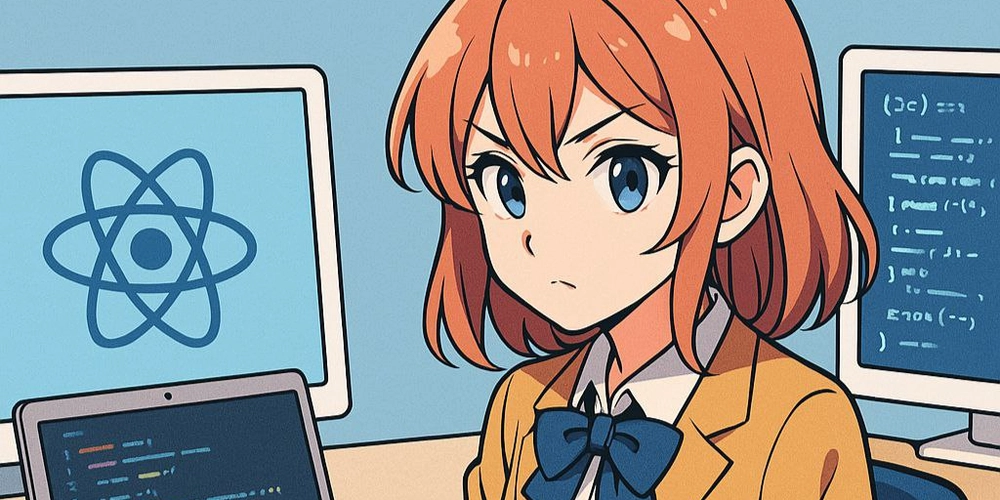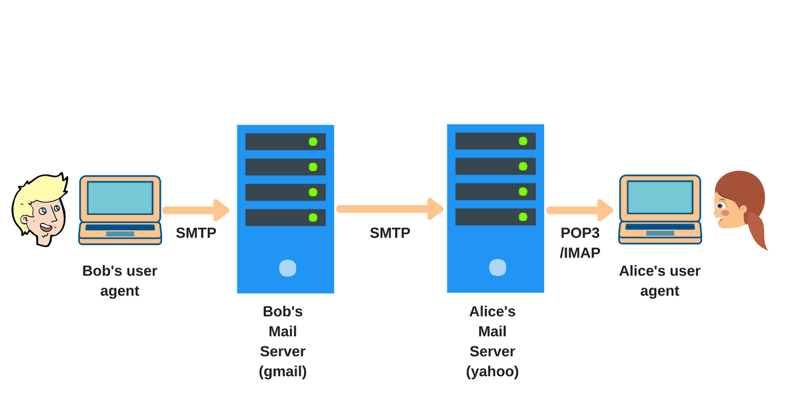The Future of Software Deployment – Why Every Developer Should Learn It
In today's fast-paced development environment, software deployment has become a crucial part of application lifecycle management. Traditional deployment methods often lead to dependency issues, environment mismatches, and scalability problems. Docker, a revolutionary containerization technology, solves these challenges by providing a lightweight, portable, and scalable solution. In this blog, we’ll explore why Docker is essential for modern developers and how you can start using it effectively. What is Docker? Docker is a containerization platform that allows developers to package applications and their dependencies into a single unit called a container. These containers ensure that applications run consistently across different environments, eliminating the "it works on my machine" problem. Why Should You Learn Docker? Portability: Containers run the same way in any environment—local, staging, or production. Scalability: Docker makes it easy to scale applications using tools like Kubernetes. Faster Deployment: Containers launch quickly, reducing deployment time. Resource Efficiency: Containers consume fewer resources compared to traditional virtual machines. Getting Started with Docker If you're new to Docker, here are some steps to begin: Install Docker: Download and install Docker from the official website. Understand Basic Commands: Learn how to create, run, and manage containers. Use Docker Hub: Pull pre-built images and share your own images. Learn Docker Compose: Manage multi-container applications with docker-compose.yml. Docker is transforming how applications are built, shipped, and run. Whether you're a developer, DevOps engineer, or system administrator, understanding Docker will give you a competitive edge in the industry. Are you using Docker in your projects? Share your experience in the comments!
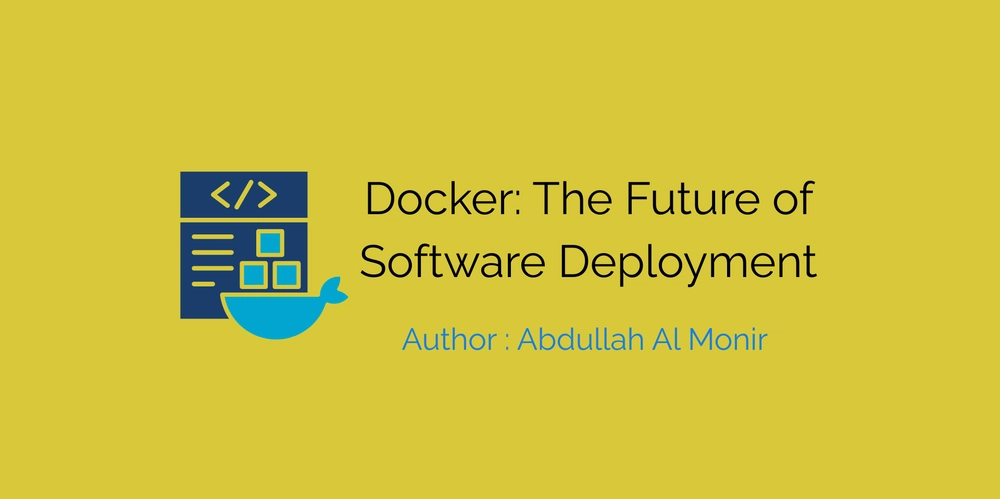
In today's fast-paced development environment, software deployment has become a crucial part of application lifecycle management. Traditional deployment methods often lead to dependency issues, environment mismatches, and scalability problems. Docker, a revolutionary containerization technology, solves these challenges by providing a lightweight, portable, and scalable solution.
In this blog, we’ll explore why Docker is essential for modern developers and how you can start using it effectively.
What is Docker?
Docker is a containerization platform that allows developers to package applications and their dependencies into a single unit called a container. These containers ensure that applications run consistently across different environments, eliminating the "it works on my machine" problem.
Why Should You Learn Docker?
Portability: Containers run the same way in any environment—local, staging, or production.
Scalability: Docker makes it easy to scale applications using tools like Kubernetes.
Faster Deployment: Containers launch quickly, reducing deployment time.
Resource Efficiency: Containers consume fewer resources compared to traditional virtual machines.
Getting Started with Docker
If you're new to Docker, here are some steps to begin:
Install Docker: Download and install Docker from the official website.
Understand Basic Commands: Learn how to create, run, and manage containers.
Use Docker Hub: Pull pre-built images and share your own images.
Learn Docker Compose: Manage multi-container applications with docker-compose.yml.
Docker is transforming how applications are built, shipped, and run. Whether you're a developer, DevOps engineer, or system administrator, understanding Docker will give you a competitive edge in the industry.
Are you using Docker in your projects? Share your experience in the comments!











































































































































































![[The AI Show Episode 142]: ChatGPT’s New Image Generator, Studio Ghibli Craze and Backlash, Gemini 2.5, OpenAI Academy, 4o Updates, Vibe Marketing & xAI Acquires X](https://www.marketingaiinstitute.com/hubfs/ep%20142%20cover.png)

















































































































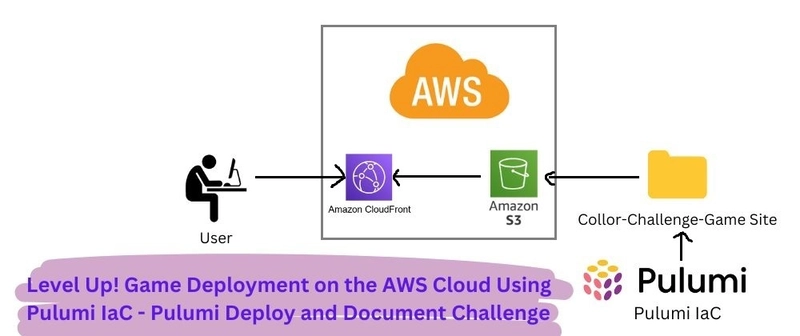
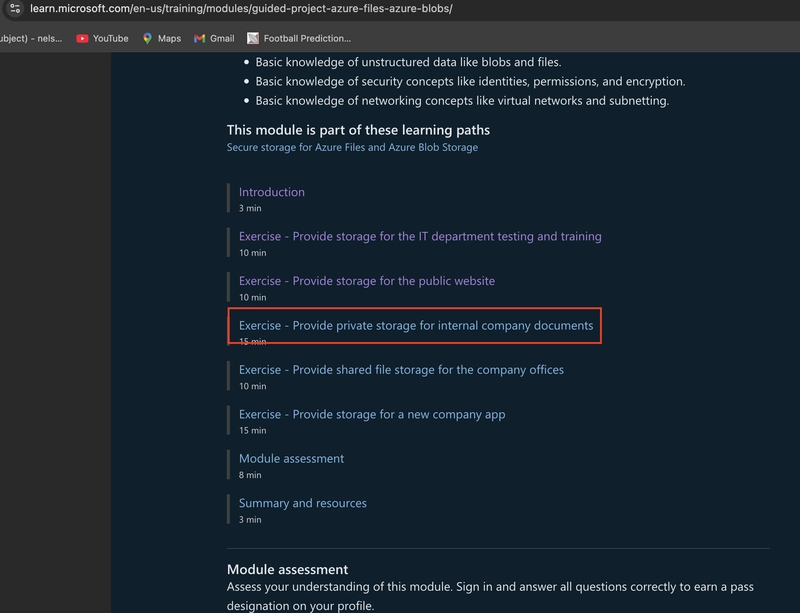









![[DEALS] The Premium Learn to Code Certification Bundle (97% off) & Other Deals Up To 98% Off – Offers End Soon!](https://www.javacodegeeks.com/wp-content/uploads/2012/12/jcg-logo.jpg)


![From drop-out to software architect with Jason Lengstorf [Podcast #167]](https://cdn.hashnode.com/res/hashnode/image/upload/v1743796461357/f3d19cd7-e6f5-4d7c-8bfc-eb974bc8da68.png?#)








































































































.png?#)























.webp?#)










_Christophe_Coat_Alamy.jpg?#)
 (1).webp?#)




































































































![Apple Considers Delaying Smart Home Hub Until 2026 [Gurman]](https://www.iclarified.com/images/news/96946/96946/96946-640.jpg)
![iPhone 17 Pro Won't Feature Two-Toned Back [Gurman]](https://www.iclarified.com/images/news/96944/96944/96944-640.jpg)
![Tariffs Threaten Apple's $999 iPhone Price Point in the U.S. [Gurman]](https://www.iclarified.com/images/news/96943/96943/96943-640.jpg)
































































































































